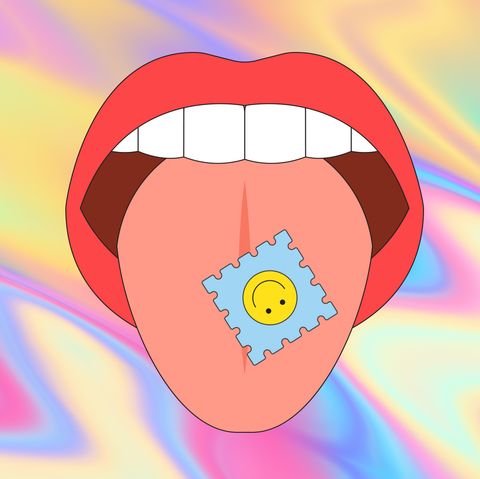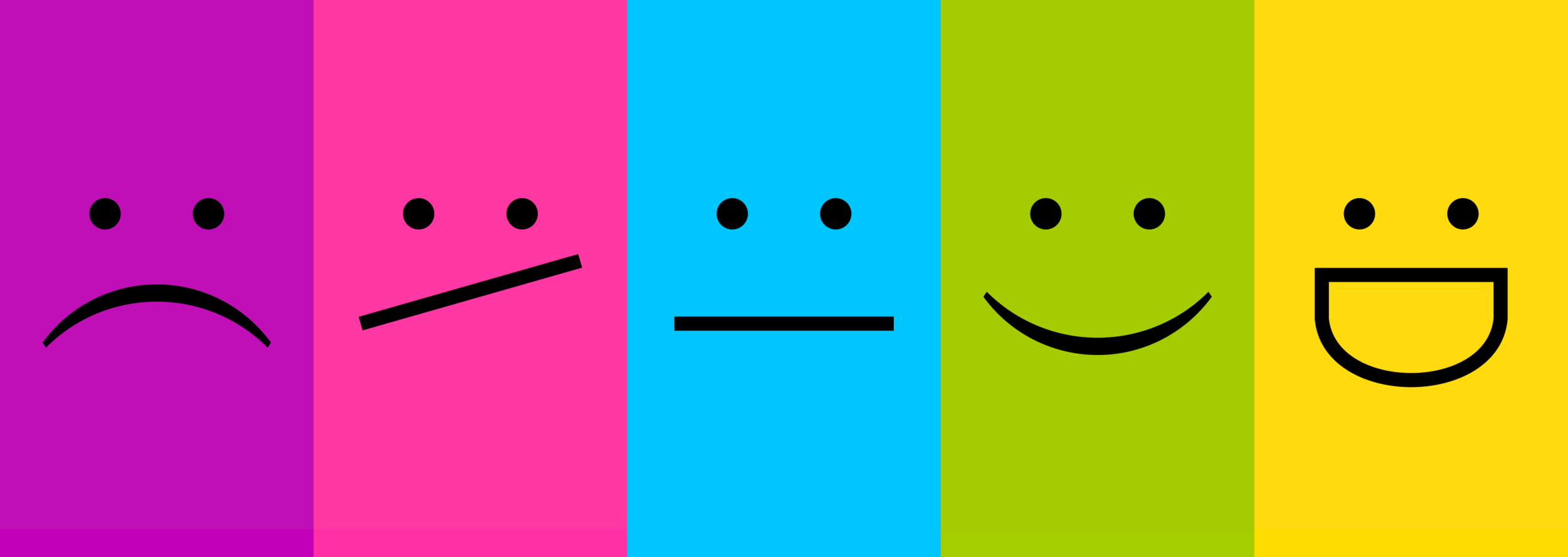This summary, written by Luke Johnson, is based on a paper published from our lab and available on our website: Bershad, AK, S Schepers, M Bremmer, R Lee, H de Wit (2019) Acute subjective and behavioral effects of microdoses of LSD in healthy human volunteers. Biological Psychiatry.
Over the past few years the popularity and public familiarity with the concept of “microdosing” has rapidly increased. Microdosing consists of taking a low, sub-perceptual dose of a psychedelic drug, most often psilocybin or lysergic acid diethylamide (commonly known as mushrooms and LSD, respectively), typically twice a week. What used to be a fringe practice in the tech offices of Silicon Valley has become a popular topic of interest and practice in the general population. People who microdose claim it has numerous beneficial effects on their mental health--particularly in regard to their mood, creativity, and cognitive capabilities. Yet, until now, there has been no placebo-controlled, double-blind studies to empirically test whether or not microdosing, specifically with LSD, actually has these positive effects that users report. The Human Behavioral Pharmacology Lab enrolled 20 healthy young adults in an experimental study to do just that. Participants attended 4 laboratory sessions during which they received 0 (placebo), 6.5, 13, or 26 μg of LSD in a randomized order at ≥1-week intervals.
We found that LSD produce mild, dose-related subjective effects across the three doses. On the 5-Dimensional Altered States of Consciousness Rating Scale (5D-ASC), participants reported increased feelings of unity and blissfulness on the 13 μg and 26 μg dose relative to placebo, without the sensory disturbances typical of higher doses (aka hallucinations or “trips”). On the Profile of Mood States Questionnaire (POMS), they reported greater feeling of vigor, and a slight increase in anxiety after the 26 μg dose relative to placebo. There were no effects on tasks measuring cognitive and motor functioning, suggesting that these doses could be appropriate for use without impairing daily functioning. Unexpectedly, at the 13 and 26 μg doses, LSD slightly decreased positivity ratings of images with positive emotional content. LSD significantly increased systolic blood pressure from 105.35 mmHg on the placebo session to a peak of 111.5 mmHg at 13 μg and 115.3 mmHg at 26 μg. The 6.5 μg dose did not produce any significant effects as compared to placebo. The study provides a basis for future testing of low repeated doses in individuals with mild depression--a big step!
Read the whole article here. And another short article on the subject here.


